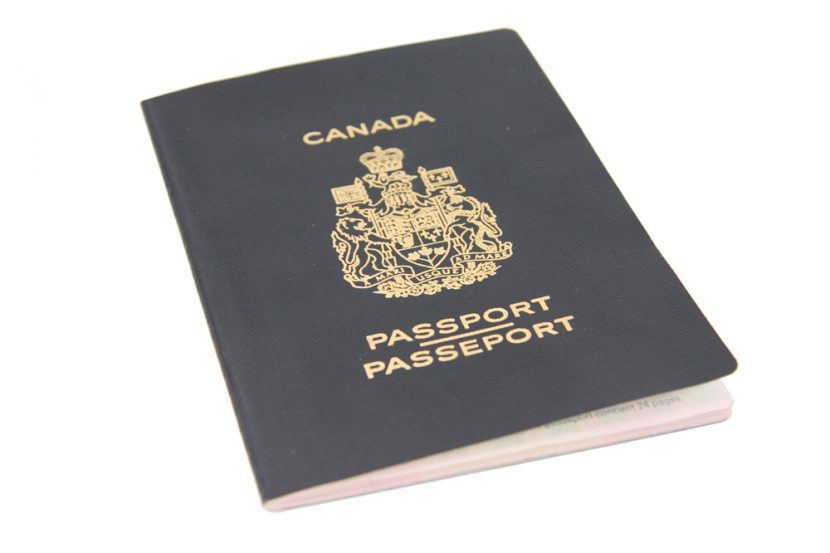June 19, 2017 – The long-awaited Bill C-6 received Royal Assent today. There are 13 different changes in Citizenship Act with Bill C-6 Amendments:
Immediate changes upon Royal Assent on June 19, 2017
- Dual citizens living in Canada convicted of treason, spying, and terrorism offenses will face the Canadian justice system; like other Canadian citizens who break the law. Previously, the citizenship could be revoked.
- Citizenship applicants no longer have to intend to live in Canada once granted citizenship.
- Minors can now apply for citizenship without a Canadian parent. A person with custody of the minor can apply on their behalf; unless waived by the Minister.
- Individuals serving a conditional sentence will not be granted citizenship. They also cannot take the Oath of Citizenship, nor count this time towards meeting the physical presence requirements for citizenship.
- Statelessness has been added as a stand-alone ground that can be considered for a discretionary grant of citizenship.
- For disabled citizenship applicants, reasonable measures will now be taken to accommodate them.
Changes expected to take effect in fall 2017
- Applicants must be physically present in Canada for three out of five years before applying for citizenship.
- They must also fill Canadian income taxes; to match the new physical presence requirement.
- Applicants do not need to be physically present in Canada for 183 days, in four out of the six years preceding their application.
- Temporary residents or protected persons may count each day they were physically present in Canada before becoming a permanent resident as a half-day toward meeting the physical presence requirement for citizenship. This can be up to a maximum of 365 days.
- Ages between 18 and 54 must meet the citizenship language and knowledge requirements.
Changes expected to take effect in early 2018
- The Federal Court makes all decisions in revocation cases; unless the individual requests that the Minister make the decision.
- Citizenship Officers can seize fraudulent or suspected fraudulent documents provided under the Citizenship Act.


